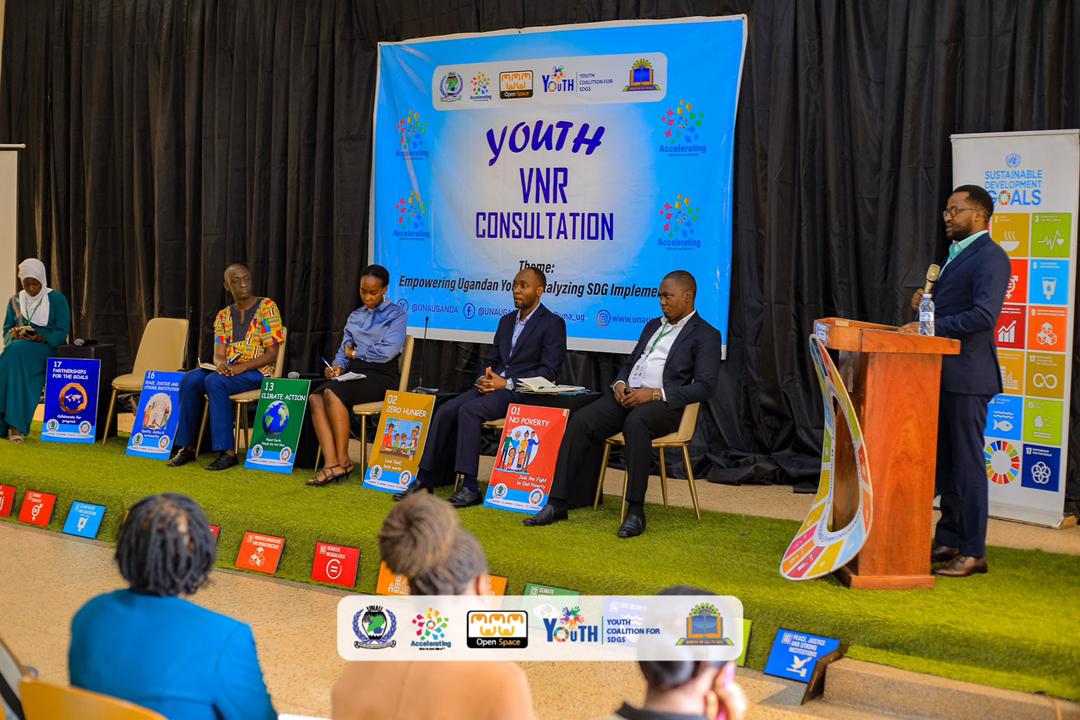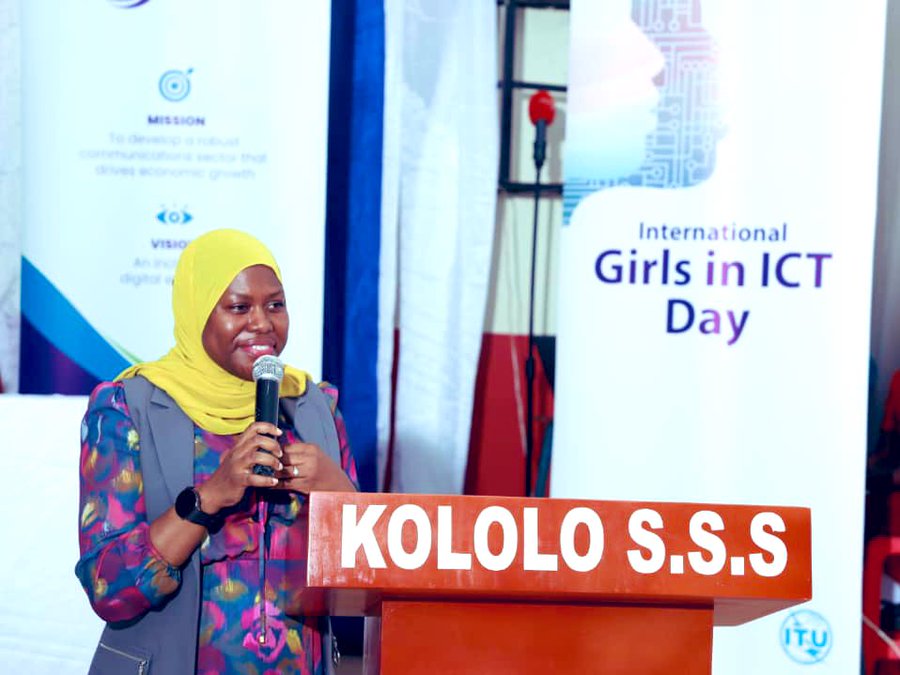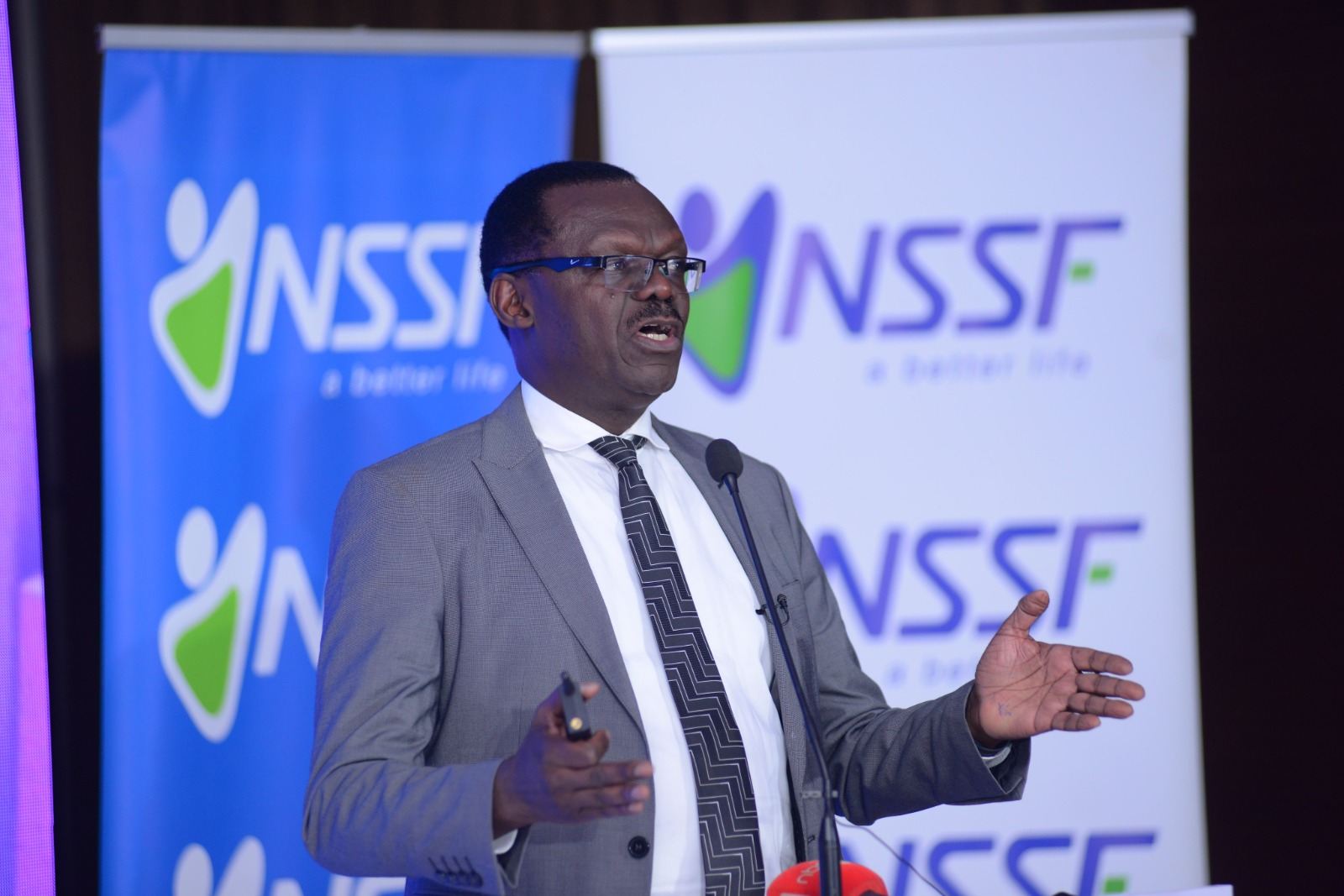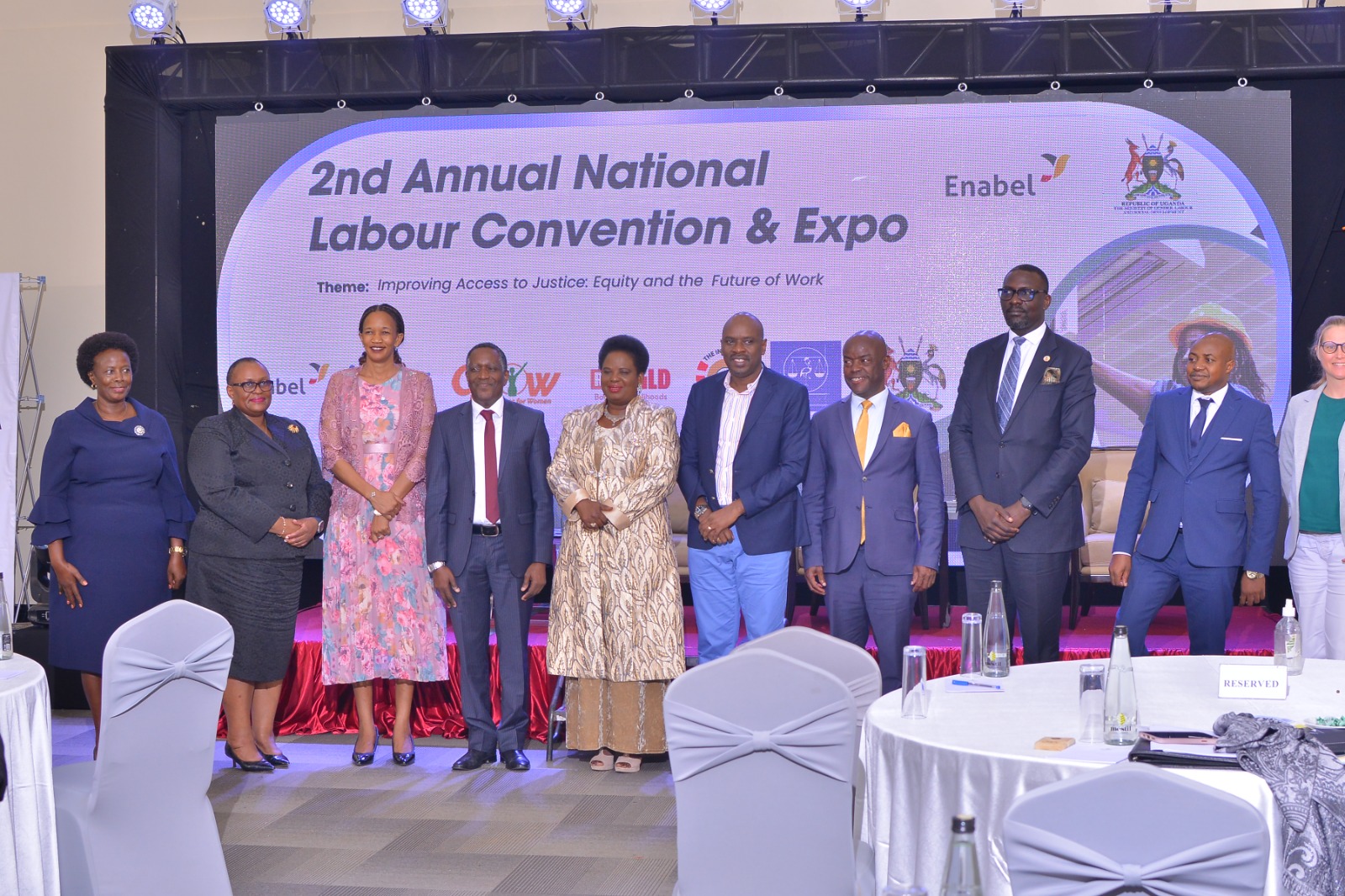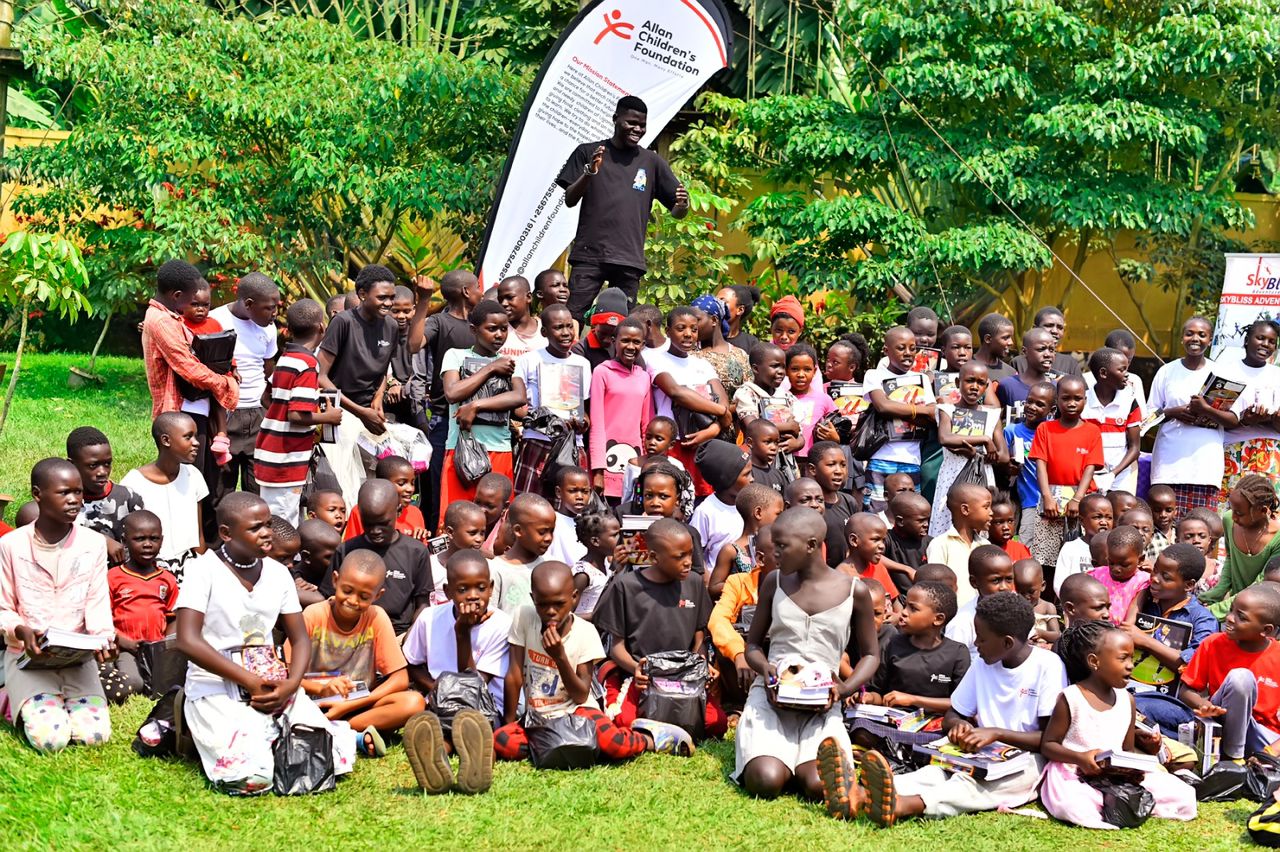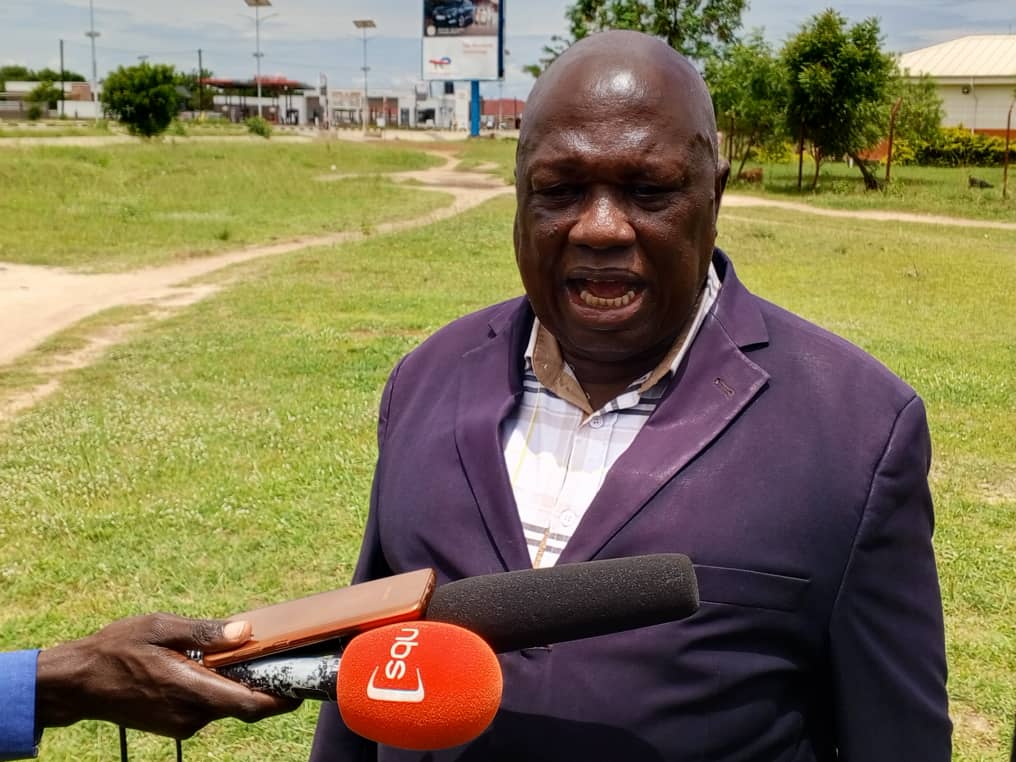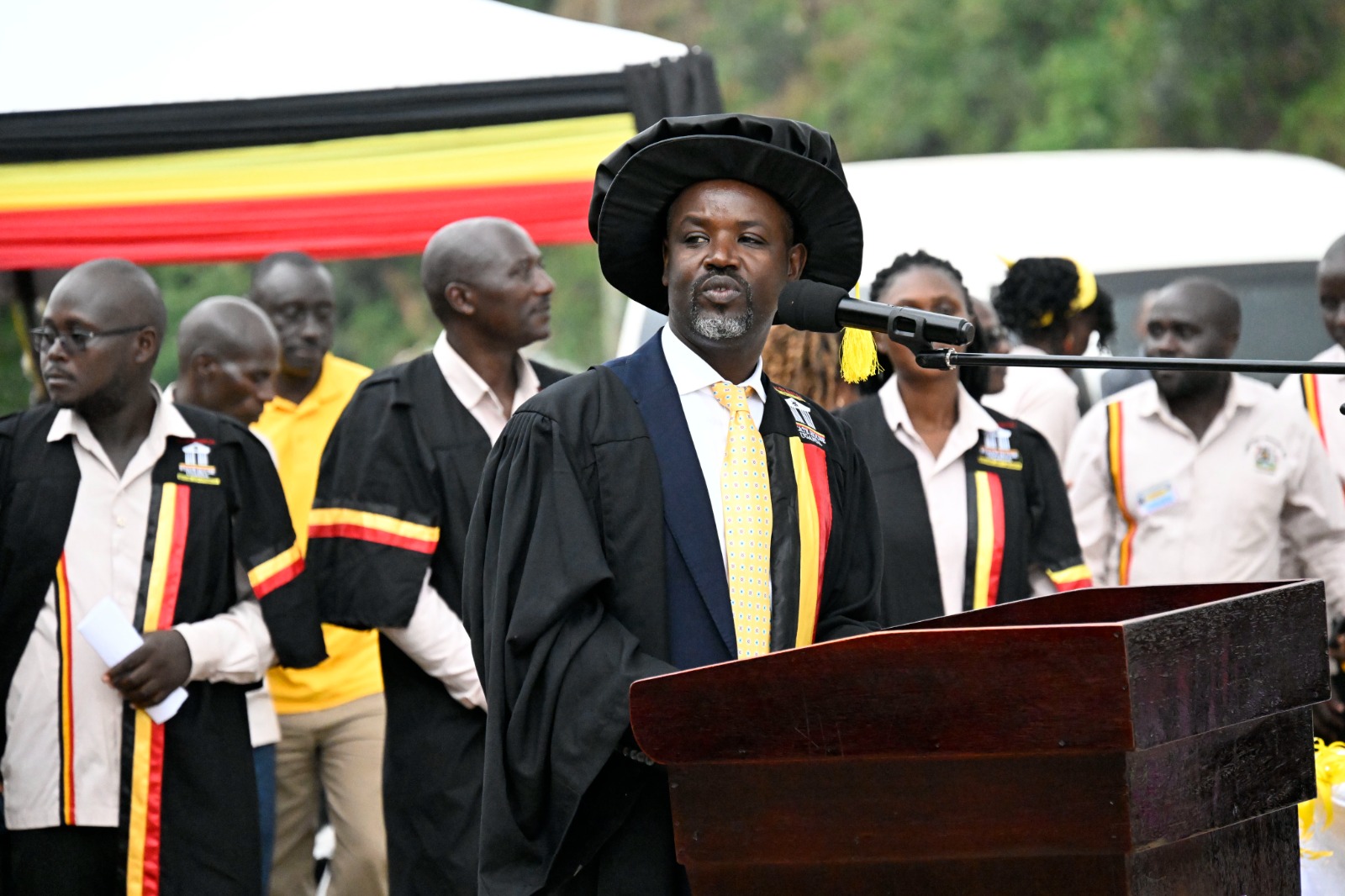Why court dismissed case challenging Bobi Wine’s NUP leadership
The Civil Division of the High Court in Kampala has on Wednesday morning dismissed a case in which two party members were challenging the acquisition of the National Unity Platform by Kyadondo East MP, Robert Kyagulanyi also known as Bobi Wine.
Two people including Basile Difas and Hassan Twaha dragged 11 people to court for changing the party leadership without authorization to Kyagulanyi and the name was changed to the National Unity Platform and Kibalama swore an affidavit defending the process of changing the party leadership.
Keep Reading
Kyagulanyi, also known as Bobi Wine was jointly sued with the Electoral Commission, Attorney General, former National Unity Reconciliation and Development Party (NURP) president Moses Nkonge Kibalama, National Unity Platform Party (NUP) leaders David Lewis Rubongoya, Aisha Kabanda, Joel Ssenyonyi, Flavia Kalule Nabagabe, Fred Nyanzi Ssentamu and Paul Ssimbwa Kagombe.
The two petitioners claimed that NURP was gazetted as a political party in Uganda on December 13, 2004, and issued a certificate of registration on December 28, 2004 and that in 2019, without any right and in breach of the party constitution, Kibalama and the Electoral Commission illegally changed its party name to NUP and on July 14, 2020 handed over its leadership to Kyagulanyi and Kagombe.
On Wednesday, Justice Musa Ssekaana ruled that the case had not merit and consequently threw it out.
"This court declines to entertain the application since it was not brought under any known procedure and secondly it was made to avoid the time limit of 3 months within which an application for judicial review should have been brought,”Ssekaana ruled.
The judge explained that there is no set procedure governing such an application like one by some of the NURP members challenging Kyagulanyi’s acquisition of National Unity Platform party.
Ssekaana said the application was a mere amorphous document placed before his court in an exploration expedition with hope of chancing on a remedy.
“It is not clear whether it is an application for constitutional interpretation or for enforcement of rights. But it can be deduced from the nature of remedies sought that this application seeks from this court judicial review remedies,”Ssekaana said.
“The application should have been an application for judicial review since the applicants seek for declarations, orders and injunctions on the activities of the respondents. “
He said the two applicants threw in the case and run away after realizing it was not headed anywhere since it had been filed beyond the three months period as prescribed by law.
According to the judge, the two applicants were not sure of what they were doing by filing the application past the recommended time.
“It can be deduced from the pleadings and provisions cited that the applicants’ counsel are not aware that there is legal regime that governs the procedure of challenging decisions of political parties. It is trite law, that inherent powers of court cannot be invoked where there is specific law governing a subject matter,”Ssekaana noted.
The judge noted that court can’t allow such persons to devise alternative procedures as a way of circumventing the set procedures for their own benefit.
Right procedure
The judge explained that as part of the right procedure, the two applicants ought to have applied for a judicial review within three months after the change of the party from NURP to NUP and not after a year.
“This application was made with a view of making some money during the election season and the applicants have no genuine grievance but rather want to be relevant and make some quick cash,”Ssekaana noted.
“The court is empowered to refuse relief and deny access to the judicial review reliefs on ground of laches because of several considerations.”



